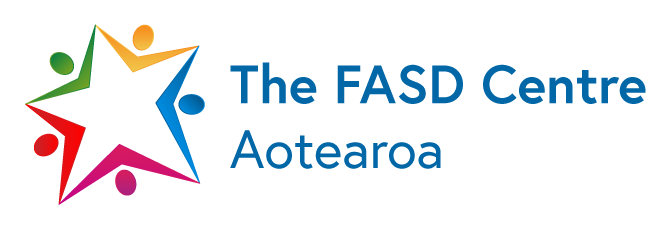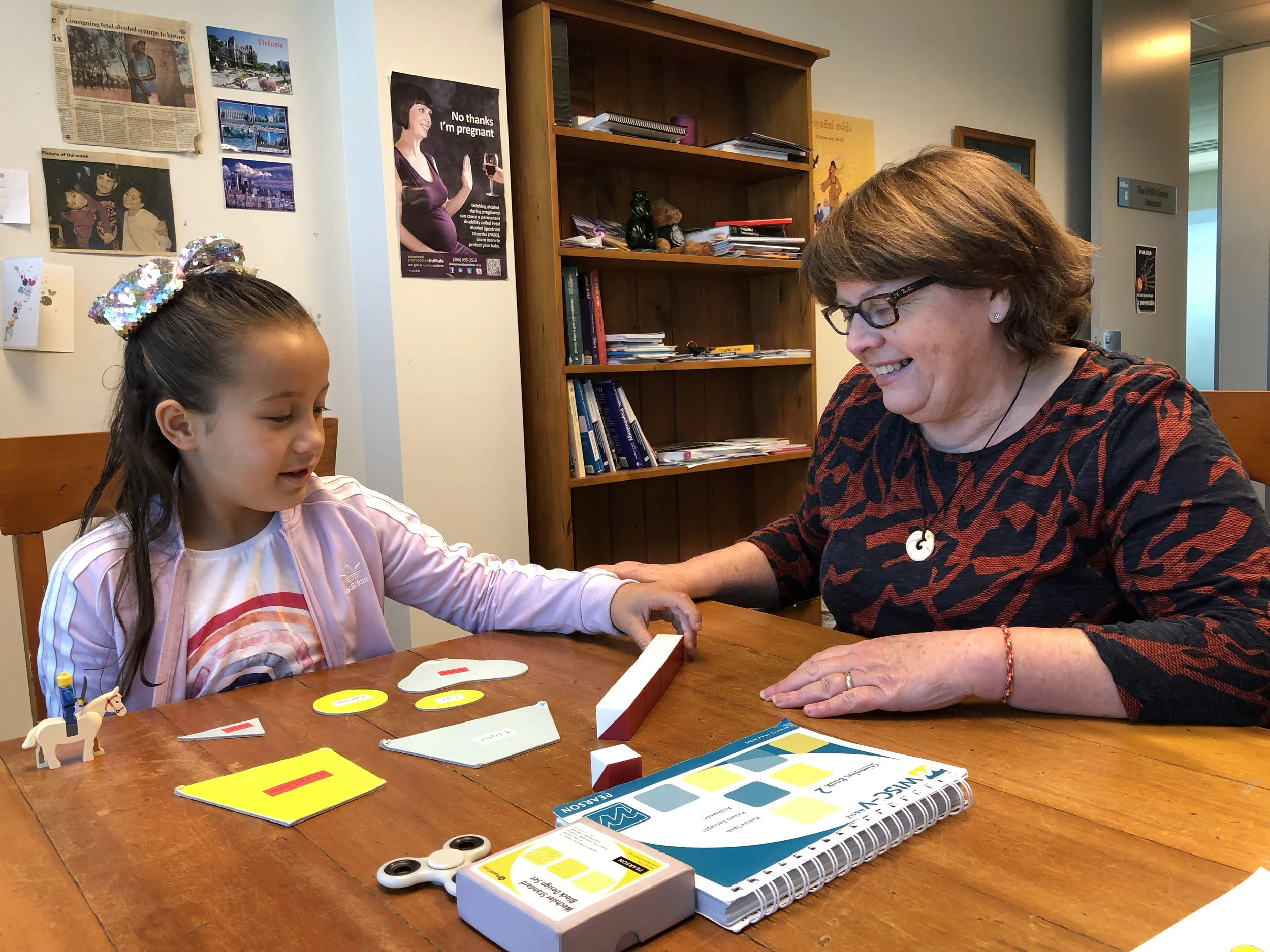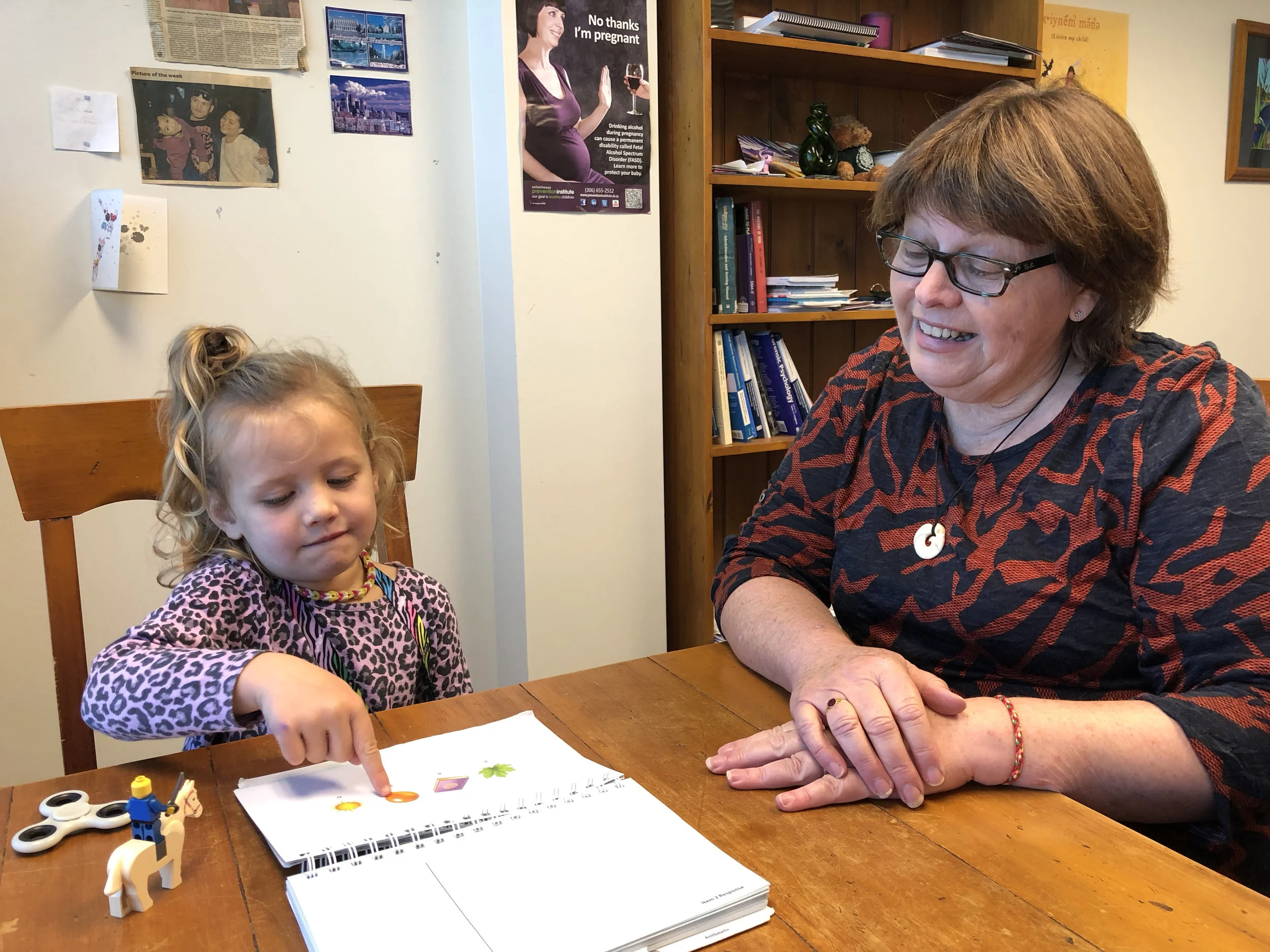How we can help.
1. Neuropsychological Assessment
The neuropsychologist uses standardised tests and compares the child or young person to what is expected for their age. These are in the forms of games, pictures and questions tapping different brain functions such as concentration, memory, motor skills, language, planning and problem solving. Each task starts easy and gets gradually harder so the child is experiencing success. Nearly all children enjoy the range of interesting challenges. When overloaded a rest is taken. The neuropsychological assessment is usually done over two appointments, one at home and the other at school. Some children require more sessions if they are easily stressed or have attention deficits. It is an opportunity for the neuropsychologist to observe the child and identify the exact nature of the difficulties they may have as well as identifying their talents.
2. Diagnosis and support
When an FASD diagnosis has been made, suitable accommodations need to then be made. This requires loved ones and services involved to learn about FASD so as to do things differently to support the individual with FASD and their family in this new way of thinking. Our follow-on psychologist is able to provide FASD information and support to adapt the environment to be suitable to this disability which needs to be managed differently.
An FASD diagnosis can bring a feeling of relief to families, providing a reason why what may work for other children has not been effective for their child. It points in a new direction and provides a roadmap for the future. However, there can also be feelings of grief once the lifelong nature of FASD disability is understood.
3. Follow-on Services
Our follow-on services are built around the needs of the child and family in an understanding that each is unique and will progress differently. Our FASD-informed practices are based in international best practice. We are fortunate to have the wisdom and experience of the hundreds of families we have met over the past ten years to guide us, as well as the extensive resources available from Canada who lead the world in FASD awareness and expertise.
Do you have questions?
Talk to us about how we can best support you.



